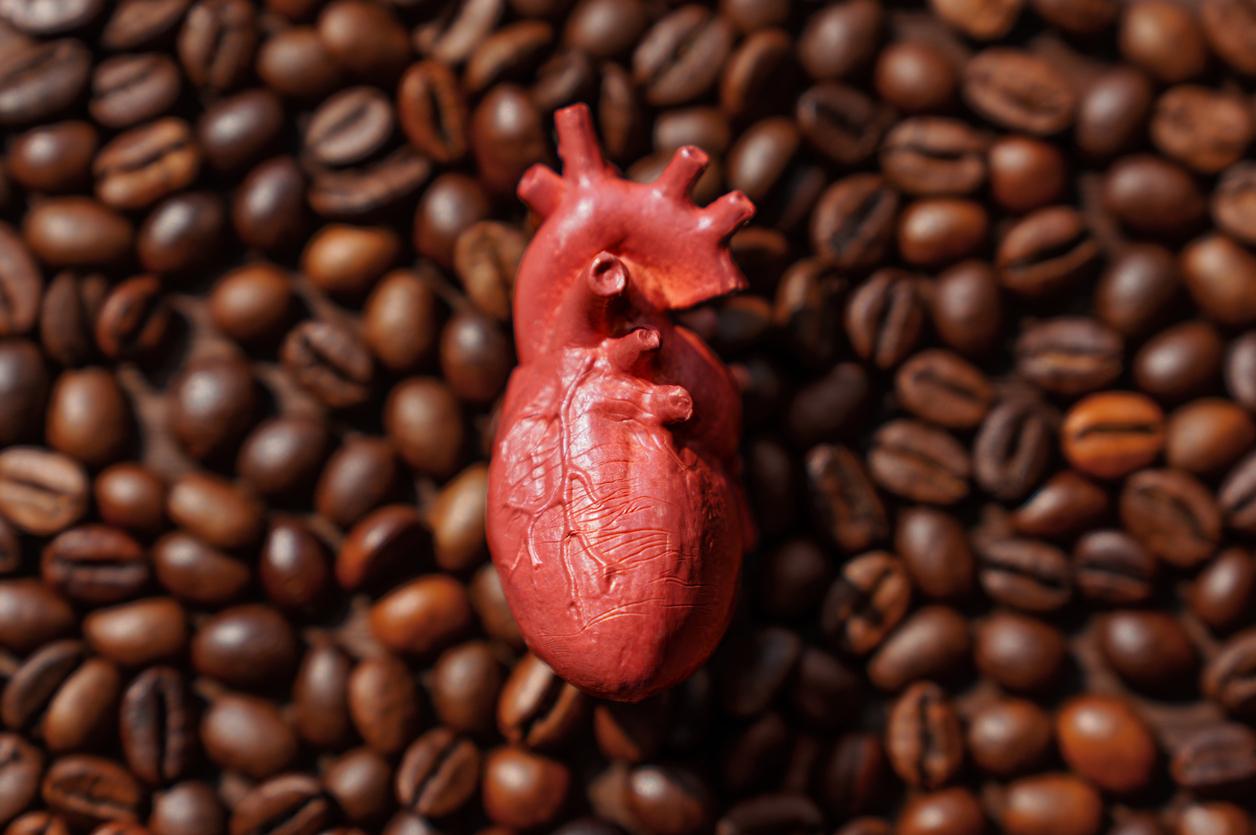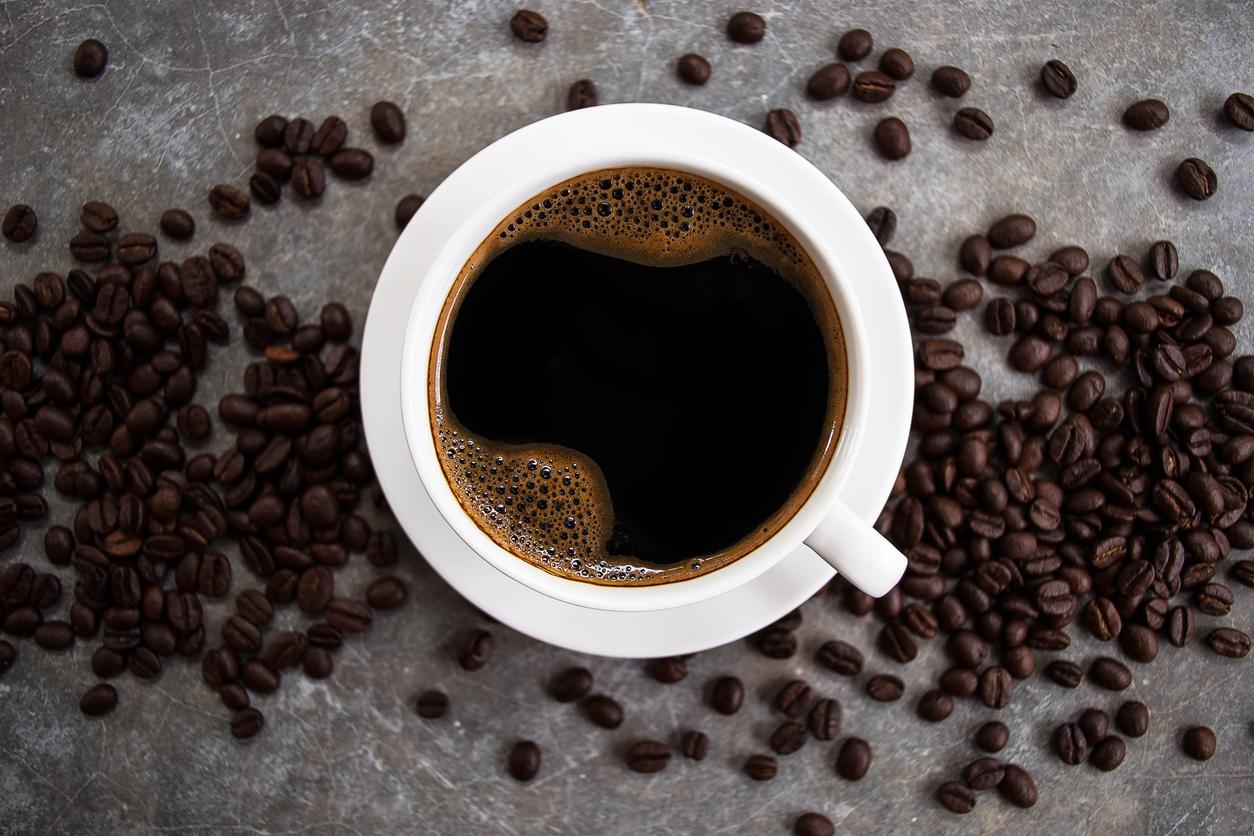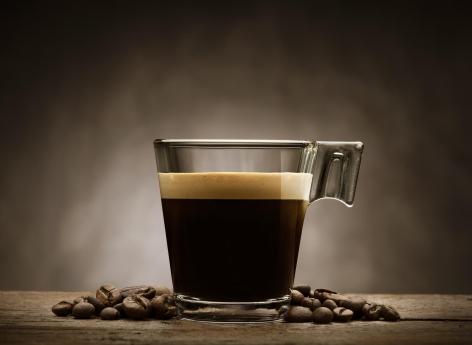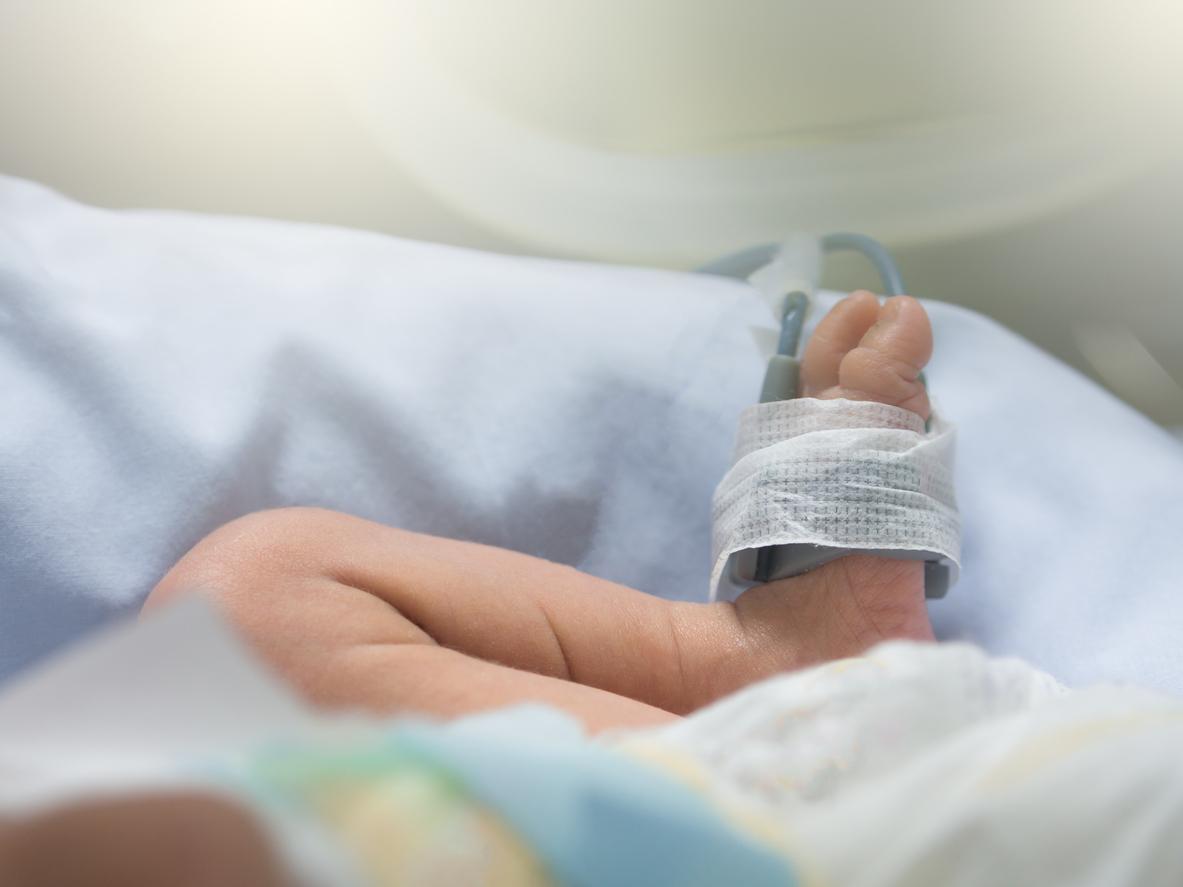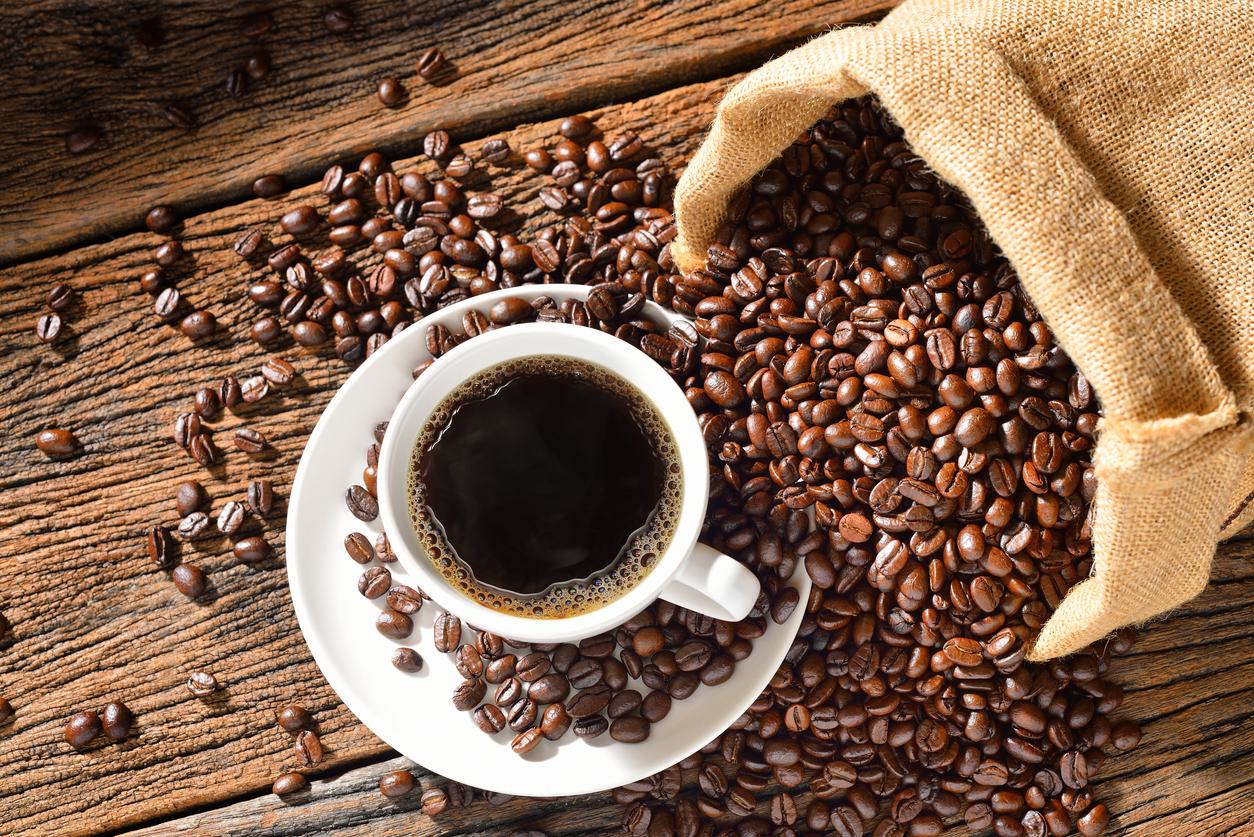Drinks containing more than 150 mg of caffeine per liter are in the sights of the British government, which wants to ban them from sale to children and adolescents.

Energy drinks hit supermarket shelves in the early 2000s. With their colorful packaging and unlikely tastes, they can appeal to younger people, but their caffeine content can be dangerous.
In the United Kingdom, the government wants to ban them for sale to children and adolescents.
Health risks
This measure aims to fight against childhood obesity (sugar is associated with caffeine) and all the problems associated with the consumption of this type of drink. According to the British government, cans can contain, in caffeine dose, the equivalent of three cups of coffee, 60% more calories than a regular soda and 65% more sugar.
A 2013 study in the United States highlights the fact that these drinks increase the heart rate, can cause palpitations, increase blood pressure, or even be responsible for heart attacks or premature death. The most common side effects are headaches, hyperactivity, sleep disturbances, upset stomach …
We welcome the government’s proposal to end the sale of #EnergyDrinks to children. This consultation is part of the government’s plan to reduce childhood obesity. Share your views here: https://t.co/76uwWfBdFl pic.twitter.com/JxEfxObrjB
– Public Health England (@PHE_uk) August 30, 2018
A consultation soon to be organized
In Great Britain, some distributors already ban energy drinks to under 16s. The new measure proposed by the government aims to ban drinks containing more than 150 mg of caffeine to minors.
A public consultation will be organized to determine whether this ban should concern minors or only those under 16. Studies in the UK show that more than two-thirds of children aged 10 to 17 consume energy drinks.
What legislation in France?
Energy drinks, based on taurine in particular, were put on sale in the 1990s, from 1996, France reacted and banned them in the face of the risk of neuropsychic and renal toxicity. It was in 2008 that Red Bull was authorized for the first time in France, since these drinks remain very closely watched.
The dangers of these drinks have already been observed: in 2010, a Briton had a cerebral hemorrhage after consuming 25 cans of Red Bull in six hours, in 2015 an Irish woman lost her sight due to her addiction to the same drink, each day she drank seven liters of the taurine drink.
.









